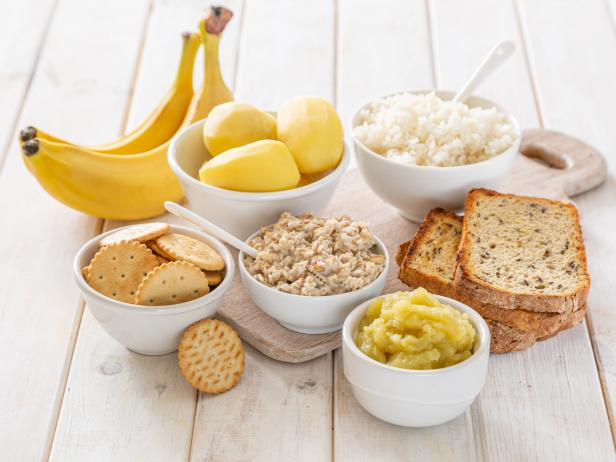Let’s be real, there are few things worse than realizing that bright, fruity juice you were sipping on has gone bad. It’s that sudden wave of nausea, the churning in your stomach, and the frantic mental debate – is this mild discomfort or something more serious?
I’ve been there, and unfortunately, so have many others. I’m not just talking about that slightly “off” flavor. I mean the full-on realization that you’ve ingested something nasty with potentially unpleasant consequences. That’s why I’ve put together this guide using my experience and a whole lot of research to help you navigate this icky situation.

Priority #1: Don’t Panic, Let’s Assess
Feeling icky is the worst, but panicking won’t help. Let’s start with a quick rundown to figure out how to proceed:
- How Bad is It? Did you get a whiff of that sour smell and stop, or did a whole gulp go down before you realized? Are your symptoms mild (slight nausea) or serious (vomiting, fever)?
- What Kind of Juice? This helps figure out potential nasties lurking in your gut. Store-bought, fresh, homemade? Pasteurized or not?
- Who Are You? Young, healthy adults can usually handle mild food poisoning better than kids, older folks, or anyone with a compromised immune system.
Taking Care of Yourself (For Mild Symptoms)
If you’re dealing with milder symptoms, try these steps:
- Hydration is King: Your body’s about to lose a lot of fluids. Fight back with clear broths, electrolyte drinks ( ), or homemade rehydration solutions (ask your pharmacist!).

Stick to Simple: The BRAT diet (bananas, rice, applesauce, toast) is your friend when your stomach is revolting.

- Sleep it Off: Your body needs energy to fight this, so take it easy and rest.
When the Doctor is a MUST
Don’t play hero if things are truly bad. This means:
- Can’t Keep Anything Down: Severe vomiting or diarrhea puts you at risk of dehydration.
- High Fever or Blood: This signals something beyond basic food poisoning, get medical help fast.
- You’re High-Risk: Little kids, the elderly, or anyone with existing health issues shouldn’t take chances.
Soothing Your Upset System with Natural Remedies
Along with traditional care, try these:
- Ginger the Great: Ginger tea or chews are fantastic for settling the stomach and easing nausea.
- Calm with Chamomile: Try some relaxing chamomile tea for its anti-inflammatory properties.
Protecting Yourself in the Future
No one wants a repeat performance, so here’s your prevention list:
- Date Check: Don’t become a victim of expired products!
- Chill Out: Refrigerate juice soon after opening to limit bacterial growth.
- Be Safe with Fresh: If you’re going the freshly squeezed route, prioritize cleanliness and drink fast.
It’s worth being aware that certain bacteria (like E.coli or Salmonella) in spoiled juice can lead to pretty nasty complications. It’s usually rare, but knowing the warning signs is always wise.
Getting Past the Yuck, Both Physically and Mentally
Dealing with food poisoning isn’t just a physical battle. That experience can leave you feeling anxious about food or guilty for not noticing earlier. Don’t be too hard on yourself! Focus on recovering, build your body’s strength with a healthy diet, and try not to get stuck in a cycle of worry.
Sources:
- United States Department of Agriculture (USDA) – https://www.fsis.usda.gov/food-safety/safe-food-handling-and-preparation/food-safety-basics/how-temperatures-affect-food
- FoodSafety.gov – https://www.foodsafety.gov/keep-food-safe/4-steps-to-food-safety
- Mayo Clinic – https://www.mayoclinic.org/diseases-conditions/food-poisoning/symptoms-causes/syc-20356230
- WebMD – https://www.webmd.com/food-recipes/food-poisoning/qa/how-do-i-know-if-juice-is-spoiled
- Healthline – https://www.healthline.com/health/food-poisoning

